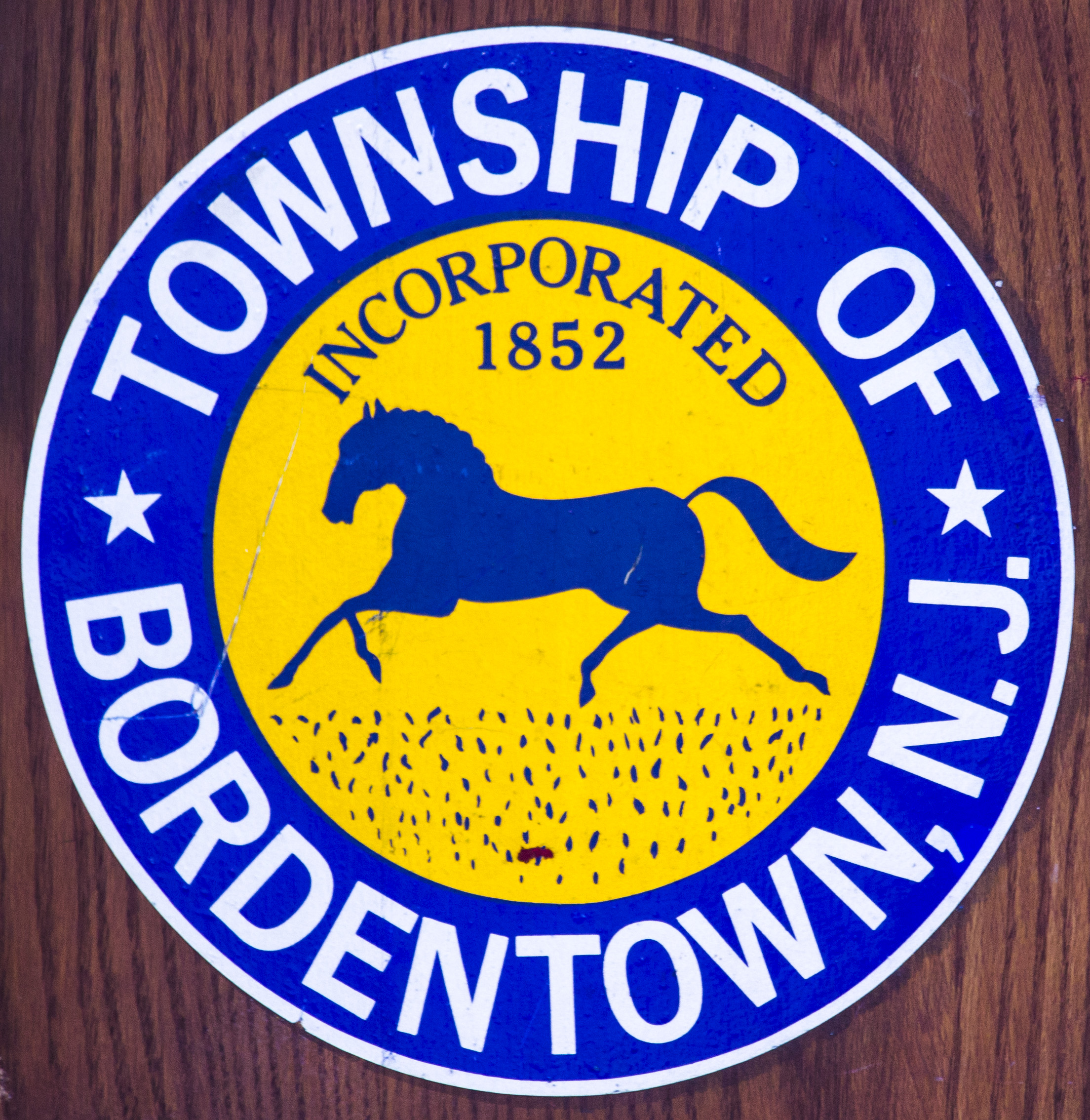In order to comply with state legislation, the Bordentown Township Committee held a public hearing for the adoption of an ordinance to amend a previous ordinance set in 2008 regarding affordable housing fees.
Township Administrator Michael Theokas said that the committee’s decision to amend the original ordinance came after multiple developers in the township pointed out to the municipality’s current ordinance regarding affordable housing fees had not be up to par.
The action was performed during a Feb. 25 meeting of the Township Committee.
Once it was brought to the township’s attention, Theokas said that a change to the township’s original ordinance is needed.
“We have a lot of projects going on in the township, so when a few of them came to our attention, we said that prior to getting their building permit, ‘You owe us 50 percent of what you’re affordable housing payment is going to be,’ a few of them pointed out that it’s not in compliance with the state statute,” Theokas said. “So, it’s in our best interest to make sure that we are in compliance with the state statutes, so we changed our ordinance.”
Theokas said that in between the period when the municipality passed that first ordinance, the state changed the law which requires that the developer only has to pay the full balance before the certificate of occupancy.
“That’s for everything from warehouses being built to commercial property being built – anything that happens with any commercial work that goes,” he said. “The developers are required to pay the affordable housing fee, but it’s just the method of collecting it that we had to adjust.”
Given this decision by the state legislation, Theokas reported that the township has to change its original ordinance because it’s not compliant with state law.
“The law says that when commercial development happens, developers are required to pay a certain percentage into the township’s affordable housing fund,” he said. “Our current ordinance had required that developers pay 50 percent of that number, prior to building permits being issued, and then the balance being 50 percent before a certificate of occupancy is issued.”
Although the township is planning to amend the original ordinance in favor of a new, compliant one, Theokas pointed out that the new ordinance will still require a developer to pay a fee, but with an updated contingency.
“All we’re doing is changing our ordinance to comply with what the state says, which means they still have to pay the fee,” he said. “The calculation is still the same. Everything is still the same except we can’t require that they put 50 percent up front. All we can require is that they pay the full amount prior to occupying the building.”

